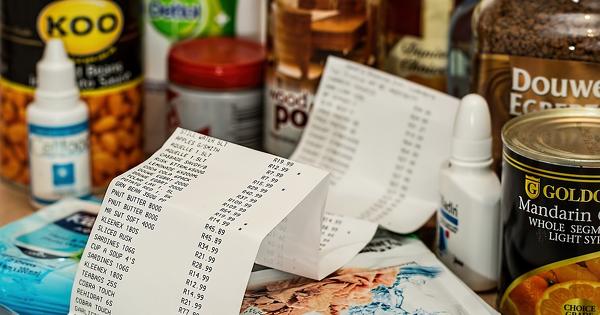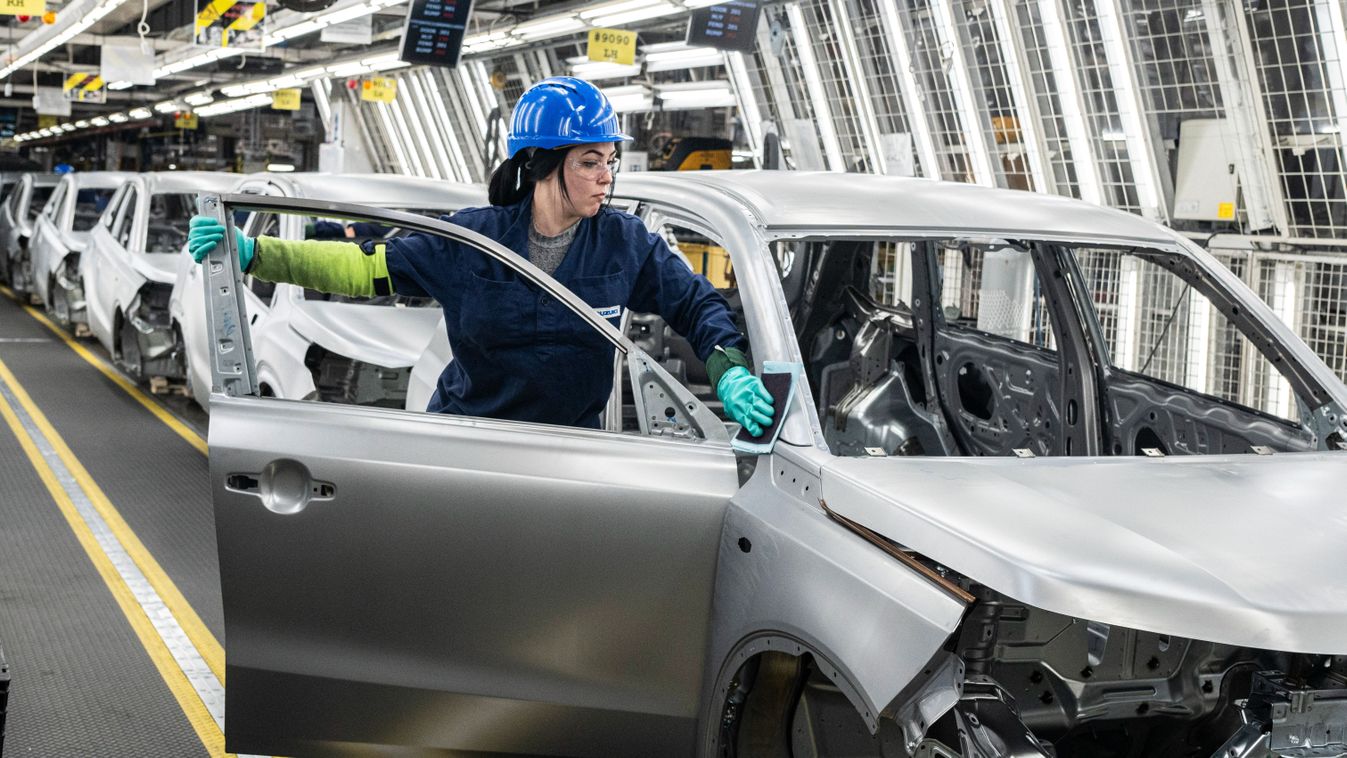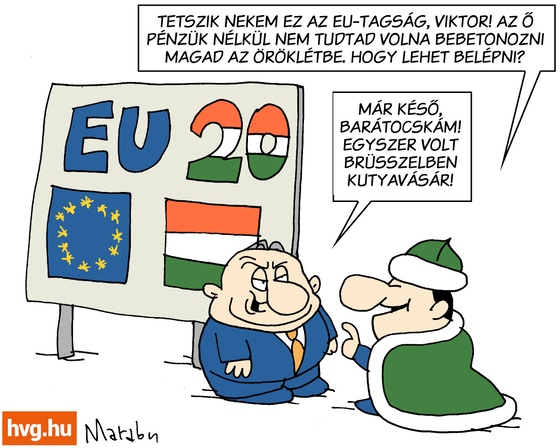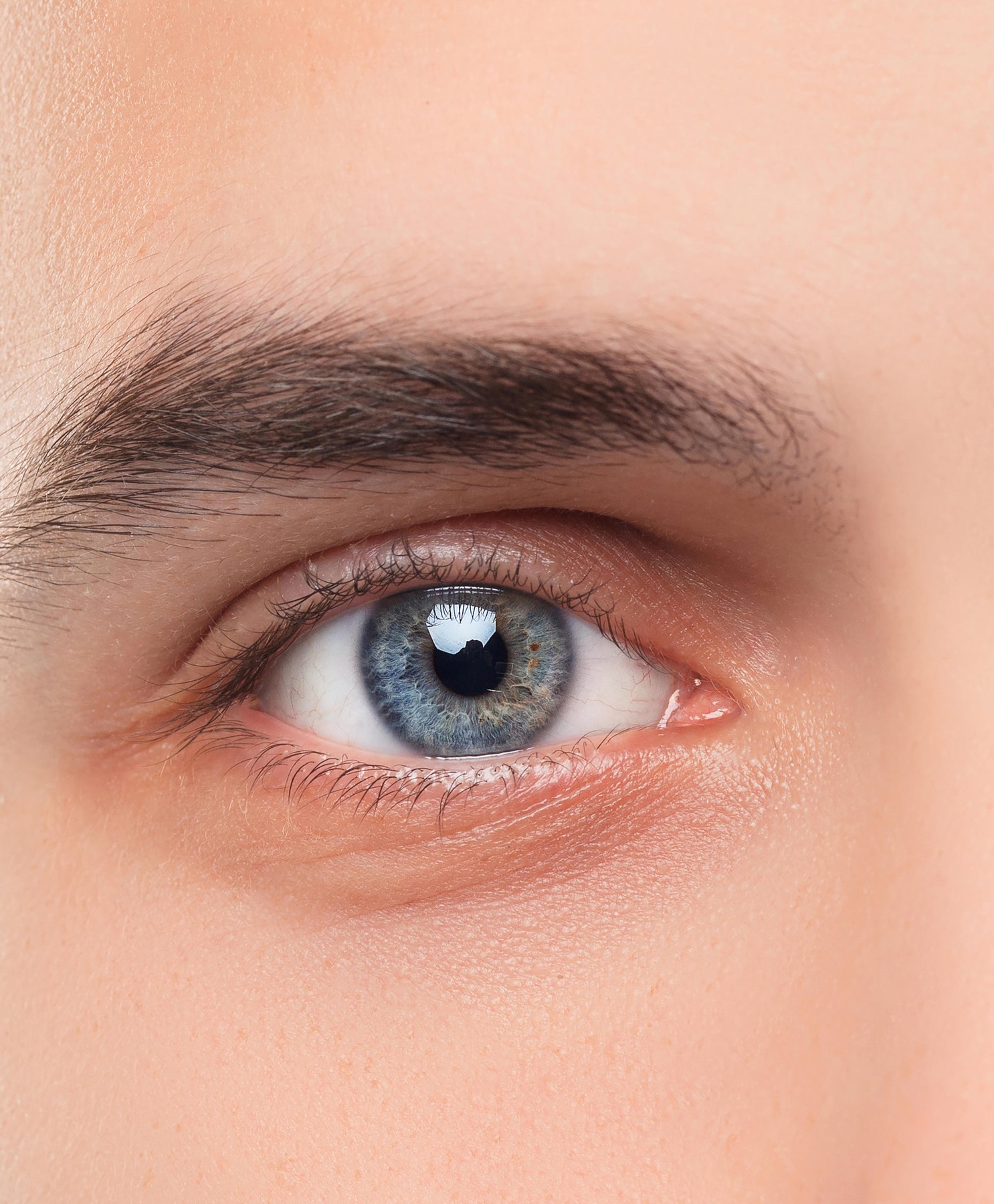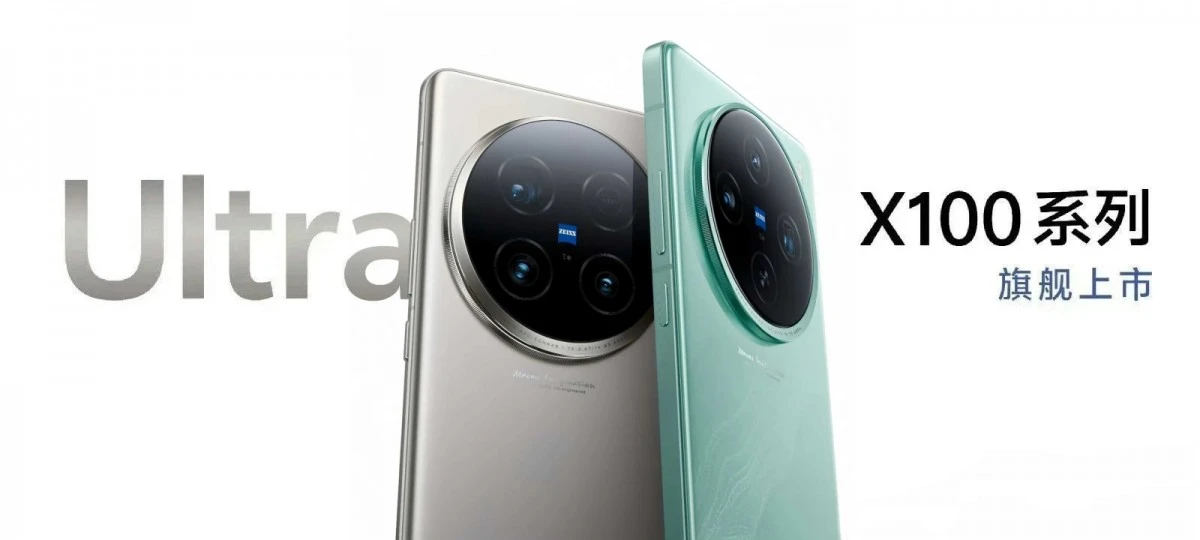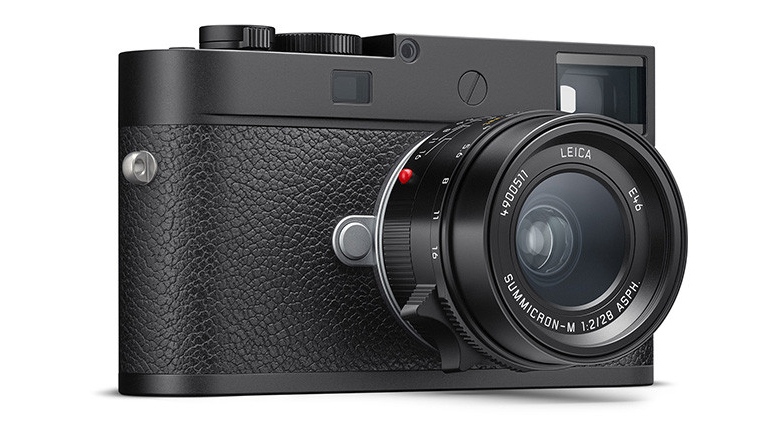The content authentication feature, C2PA, is being developed by Adobe to help restore trust online.
From misleading and fake images to deepfake content, the range is wide in the online space disrupted by AI. If we look at the photo, at best, we can still spot small signs that reveal its possible falsity, but experts on the subject are already warning us that this will not remain so for long. With the improvement of new technologies, there will soon come an era when we will not be able to see even the slightest difference between the original and the fake with the naked eye.
Of course, manufacturers and developers are trying to prepare in time and prepare us for this period, so that by arming ourselves against fraud, we can face the loss of trust in the entire cyberspace.
Leica, which also cooperates with several mobile phone manufacturers, has now begun development that will deal with the spread of fake content, which is increasingly widespread. With its new camera called M11-P, the manufacturer has introduced a function, the essence of which is that if content authentication is turned on, the device provides authentication metadata for the completed image.
This data includes the type of device used to create it, the name of the editing software used, and whether artificial intelligence was used to edit the image. By definition, a data series is expanded with new details at each modification. The metadata used for authentication also includes what is called an encrypted C2PA advertisement; The name comes from the acronym for the Alliance for Content Source and Authenticity, the organization that founded the authentication technology.
Meanwhile, Adobe, which launched the initiative in 2019, has joined forces with companies such as Microsoft, Truepic, Intel and Arm, and launched its innovation on its own platform. Technology aimed at restoring trust online could help filter out misinformation, fake content and AI-generated images on social media and other online platforms in the future.
On a Leica device, the CR function (Content Credentials – Content Authentication) can be accessed and operated in the menu, that is, it does not work unwantedly, only if it is enabled. Later, if we want to further edit the image, a CR file must also be attached to the edited version.
Sony has actually thought about the innovation currently in use, albeit in a different way. While there’s a good chance other vendors will follow suit in offering this feature, Adobe has announced the expansion of content authentication to its other applications as well.








